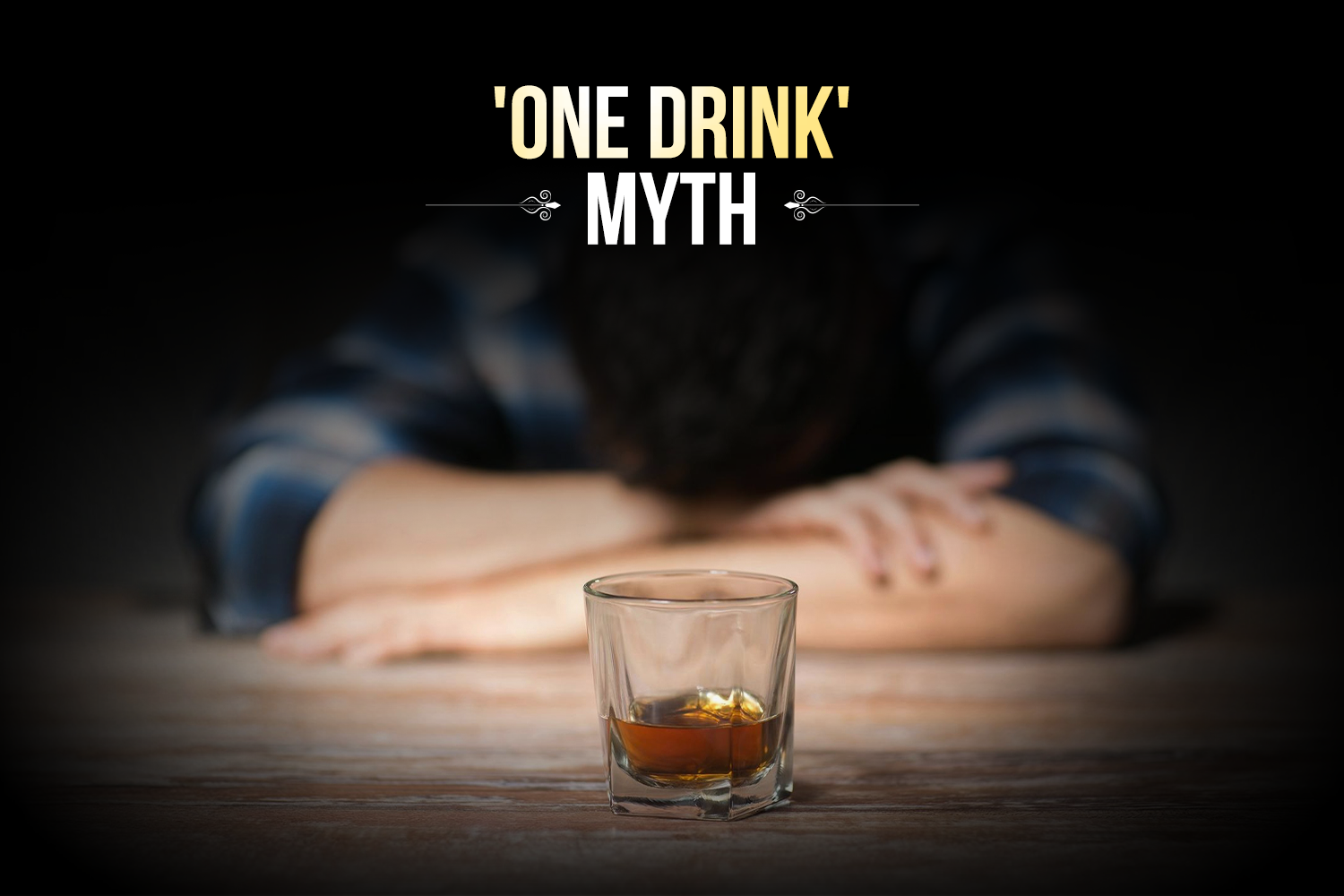Many people believe that consuming just one drink is harmless, often downplaying the risks associated with alcohol consumption. However, this belief can be misleading. This blog explores common myths about alcohol, examining why even a single drink can pose significant health risks and impact your well-being.
1. The ‘One Drink’ Myth: Understanding the Perception
- Cultural Acceptance: Alcohol consumption is often socially accepted, leading to misconceptions about its safety.
- Normalization of Drinking: The idea that one drink is harmless is perpetuated in media and social settings, creating a false sense of security.
- Misinterpretation of Guidelines: Many individuals misunderstand what constitutes a standard drink and the associated health risks.
2. The Biological Impact of Alcohol
Even small amounts of alcohol can have a profound effect on the body:
- Immediate Effects: Even one drink can impair judgment, coordination, and reaction times, increasing the risk of accidents.
- Cumulative Damage: Regular consumption, even at low levels, can lead to long-term health issues such as liver disease, cardiovascular problems, and addiction.
- Individual Differences: Factors like age, weight, gender, and genetics influence how alcohol affects individuals, making the risks more variable.
3. Alcohol and Mental Health
Alcohol’s impact extends beyond physical health, affecting mental well-being:
- Mood Changes: Alcohol can alter mood and exacerbate anxiety and depression, even with minimal consumption.
- Cognitive Impairment: Regular drinking, even in moderation, can affect memory, decision-making, and cognitive function over time.
- Addiction Risks: The belief that one drink is harmless can lead to increased consumption, escalating the risk of alcohol dependency.
4. The Social Consequences of Drinking
Drinking, even in moderation, can lead to unintended social repercussions:
- Impaired Judgment: Alcohol can lead to poor decision-making in social situations, resulting in negative consequences.
- Relationship Strain: Consistent drinking can create tension and misunderstandings in personal relationships.
- Social Norms: The belief that drinking is necessary for socializing can lead to pressure to consume alcohol, impacting one’s social interactions.
5. Debunking Common Myths About Alcohol Consumption
Several myths surrounding alcohol consumption need to be addressed:
- Myth 1: Alcohol is a Good Relaxant: While it may seem to relax you, alcohol is a depressant that can worsen anxiety over time.
- Myth 2: Alcohol Aids Digestion: Contrary to popular belief, alcohol can disrupt digestion and cause gastrointestinal issues.
- Myth 3: One Drink Doesn’t Count: Every drink contributes to overall consumption and can have cumulative effects on health.
6. Making Informed Choices About Drinking
Understanding the risks associated with alcohol is crucial for making informed choices:
- Know Your Limits: Be aware of how alcohol affects you personally and set limits to ensure responsible drinking.
- Explore Alternatives: Consider non-alcoholic beverages as alternatives for social gatherings to reduce consumption.
- Seek Support: If you find it challenging to limit your drinking, consider seeking help from professionals or support groups.
Conclusion
The myth that one drink is harmless can lead to dangerous misconceptions about alcohol consumption. By understanding the real impacts of alcohol on physical and mental health, individuals can make informed decisions and prioritize their well-being. Remember, every drink counts, and moderation is key.



























Leave a Reply